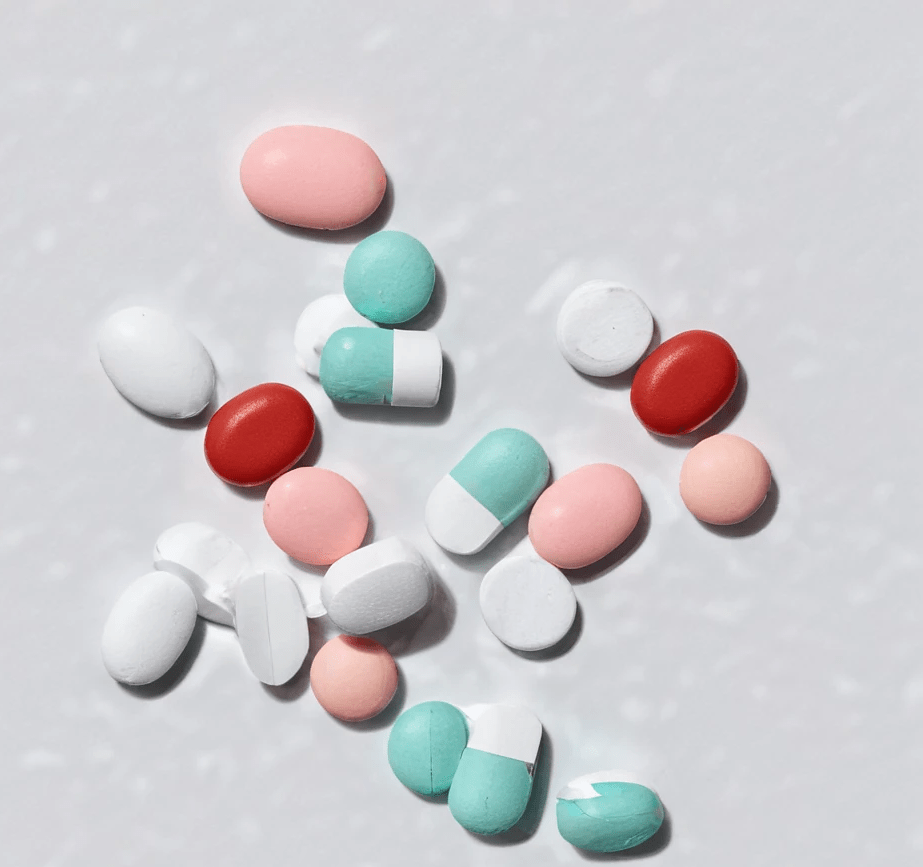In a recent news MP Haris Beeran (Rajya Sabha) wrote to the Minister of Health and Family Welfare on December 20, 2024, urging the Central Government to invoke Section 100 (1) of the Patents Act with respect to local production of the rare disease Spinal Muscular Atrophy (SMA) treating drug Risdiplam. SMA is a genetic disease affecting the nerve cells that control voluntary muscle movement. SMA incidence in India is one in 10,000 live-born babies. Risdiplam is currently under patent protection in India till May 11, 2035 (subject to payment of Patent renewal fees) and is Patented as Indian Patent No. IN 334397.
Key Points:
High Treatment Costs: The annual cost of Risdiplam treatment is approximately ₹1 crore, which is huge and unaffordable for patients.
Government Intervention: Section 100 of the Patents Act empowers the government of India to authorize the local manufacturing of patented drugs in the extreme urgency, potentially reducing costs significantly.
Public Health Impact: SMA affects thousands of children in India annually, and the high cost of treatment has led to calls for government action to ensure access to essential medications.
By invoking Section 100, the government can enable local production of Risdiplam, potentially reducing the annual treatment cost to around ₹3,024, thereby improving access for patients in need. Section 100 empowers the central government to use, or authorise to use, an invention (application or grant) for the purposes of the government, on a non-commercial basis. Importantly, this is not a provision that requires abuse of patent by the patentee. This includes but is not limited to using the invention in case of national emergency or other situations of extreme urgency.
drug
Pharma consultant Agrawal filed patent for new anti-ageing drug
Sanjay Agrawal, a scientific advisor for the US-based Alkomex GBN Pharma Group and an Ahmedabad-based researcher, has filed for a patent for an anti-aging drug formulation aimed at combating aging at the cellular level. The formulation is designed to address the underlying biological processes of aging, potentially offering a groundbreaking approach to age-related issues.
The patent application has been submitted to the Indian Patent Office, marking an important step in the development of this novel treatment. If granted, this patent would secure intellectual property rights for the formulation, allowing Agrawal and the associated pharmaceutical group to potentially commercialize the drug and offer it as a solution to slow or reverse cellular aging.
Agrawal, already holds over 42 patents for unique drug formulations. He claims that other than addressing ageing at a cellular level, this drug has the potential to significantly improve skin health and boost energy levels and enhance overall vitality.
He explained that while chronological ageing is inevitable, biological and psychological ageing differ significantly from one individual to another, influenced by intrinsic and extrinsic factors such as hormonal changes, stress, and lifestyle.
Currently the demand for anti-aging treatments is increasing rapidly in market. This development could spark significant interest in the pharmaceutical industry. However, the drug will undergo extensive testing and regulatory approval to be fully realized in the market, which could take several years.
The patent application has been submitted to the Indian Patent Office, marking an important step in the development of this novel treatment. If granted, this patent would secure intellectual property rights for the formulation, allowing Agrawal and the associated pharmaceutical group to potentially commercialize the drug and offer it as a solution to slow or reverse cellular aging.
Agrawal, already holds over 42 patents for unique drug formulations. He claims that other than addressing ageing at a cellular level, this drug has the potential to significantly improve skin health and boost energy levels and enhance overall vitality.
He explained that while chronological ageing is inevitable, biological and psychological ageing differ significantly from one individual to another, influenced by intrinsic and extrinsic factors such as hormonal changes, stress, and lifestyle.
Currently the demand for anti-aging treatments is increasing rapidly in market. This development could spark significant interest in the pharmaceutical industry. However, the drug will undergo extensive testing and regulatory approval to be fully realized in the market, which could take several years.

